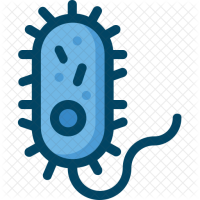This project works with a novel corpus of text-based school data to develop a multi-dimensional measure of the degree to which American colleges and universities offer a liberal arts education. We seek a data scientist for various tasks on a project that uses analysis of multiple text corpora to better understand the liberal arts. This is an ongoing three-year project with opportunities for future collaborations, academic publications, and developing and improving existing data science and machine learning skills. Tasks likely include: (1) Using Amazon Web Services to create and maintain cloud-based storage (SQL, S3 buckets) of the project’s expanding library of data. (2) Extracting information (named entities, times, places, books, and so on) from millions of plain-text syllabus records. (3) Merging multiple forms of data into a single dataset. (4) Scraping websites for relevant information (e.g., college course offerings, school rankings). Some pages may include dynamically created content that requires the use of a program such as Selenium.






